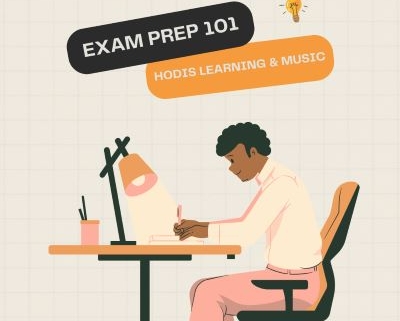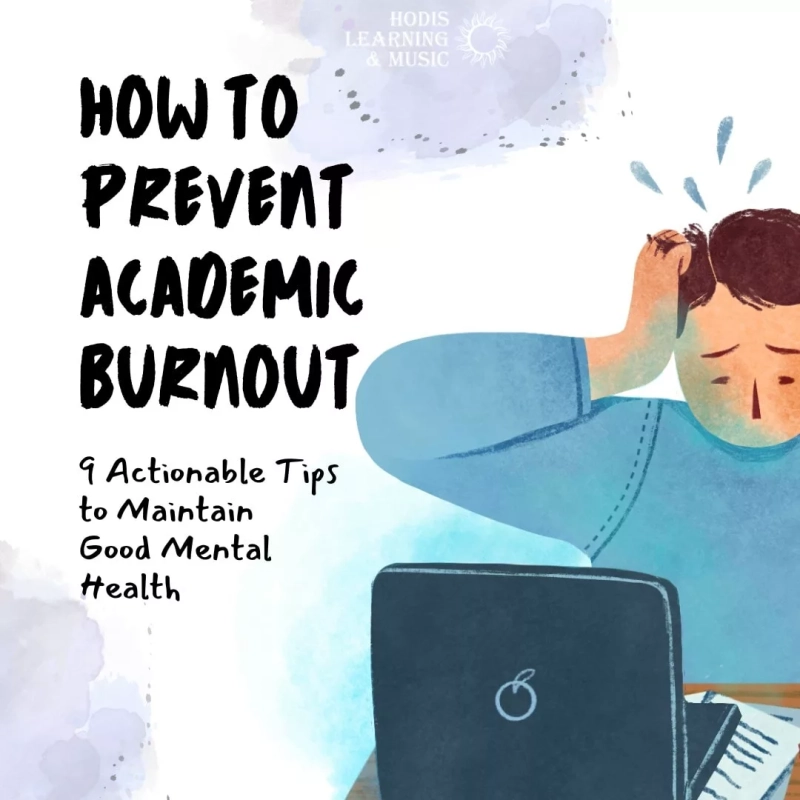Homeschooling is an incredibly rewarding journey that offers personalized education tailored to your child’s unique needs and interests. However, managing the demands of homeschooling along with household responsibilities and even work commitments can be a daunting task. Effective time management is crucial to ensure a productive and stress-free homeschooling experience for both parents and children. Here are some essential time management tips for homeschooling parents to help balance educational duties with the rest of life’s responsibilities.
1. Start with a Solid Plan
Begin each week or month with a clear plan in mind. Outline the topics you intend to cover, the resources you’ll need, and any activities or field trips you plan to incorporate. A well-thought-out plan helps prevent last-minute scrambling for materials or ideas and ensures that your homeschooling days run more smoothly.
2. Establish a Routine
Children thrive on routine, and, in fact, so do adults! Establishing a consistent daily schedule helps set expectations for what each day will entail, making it easier for everyone to stay on track. However, flexibility is key in homeschooling, so while it’s important to have a routine, be prepared to adjust as needed based on your child’s needs and progress.
3. Prioritize Tasks
Not all tasks are created equal. Identify the most critical educational goals and prioritize them in your schedule. Use the mornings when energy levels are typically higher for the most challenging subjects. Remember to also prioritize self-care and family time to maintain a healthy balance.
4. Utilize Tools and Resources
Take advantage of the myriad of homeschooling resources and tools available to streamline your planning and teaching. Online curriculums, educational apps, and homeschooling communities can provide invaluable support. Additionally, don’t shy away from incorporating technology that can facilitate learning and free up some of your time. Consider hiring expert homeschool educators, such as those at Hodis Learning & Music’s homeschool education program.
5. Delegate and Involve
Homeschooling is a family affair. Involve your children in planning and decision-making processes where appropriate. This not only helps develop their organizational skills but also makes them more invested in their learning. For older children, consider delegating certain responsibilities, such as setting up for an experiment or organizing their study space.
6. Batch Similar Tasks
Group similar tasks together to streamline your workflow. For example, dedicate a block of time for lesson planning for the week ahead or for grading assignments. Batching helps minimize the mental load of switching between different types of tasks and can lead to more efficient use of your time.
7. Set Boundaries
Setting clear boundaries around homeschooling time can help minimize distractions and interruptions. Let family and friends know your homeschooling hours and emphasize the importance of respecting this time. Similarly, set boundaries for yourself by allocating specific times for checking emails or social media to avoid falling into time-wasting traps. Consider using time-management apps like Forest or Remember the Milk.
8. Take Time for Self-Care
Perhaps one of the most overlooked aspects of time management is the need for self-care. Homeschooling can be all-consuming, and without proper rest and relaxation, burnout is a real risk. Ensure you’re setting aside time for activities that rejuvenate you, whether that’s reading, exercising, or pursuing a hobby.
Takeaway
Effective time management is the cornerstone of a successful homeschooling experience. By implementing these strategies, homeschooling parents can create a balanced and productive educational environment that benefits the entire family. Ultimately, the goal of homeschooling is not just academic achievement but fostering a love of learning in a nurturing and balanced home environment.
Get Help from Homeschooling Experts
Consider hiring outside help to take some responsibilities off your plate. Hodis Learning & Music offers a comprehensive homeschool education program that includes curriculum development customized to your student’s needs and interests, expert instruction, assessments and grading, and academic advising and course planning. Learn more by calling or emailing us today.








